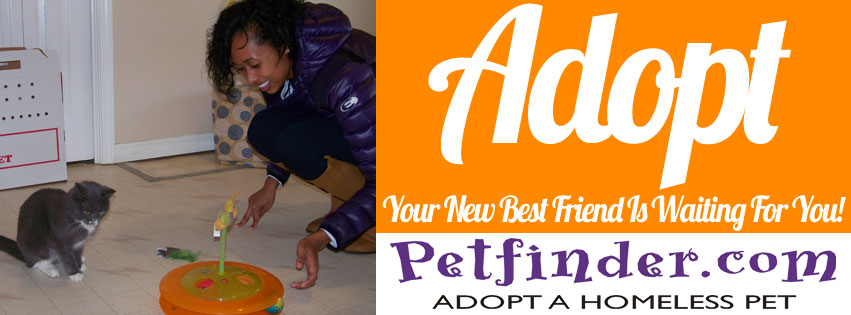Fundraising for TNR
In this article you’ll find some tips about fundraising that has worked for other groups. But you need to check and see if there are any local, regional, or state rules and regulations around fundraising in your area. Be sure to check your state’s website about licenses and fundraising registration. And if you aren’t a 501c3 organization (you may not be that formal) donors need to know that their gifts may not be tax-deductible, so they should check with their tax adviser for rules about this.
By Shelly Kotter
You have a small colony of cats that you’ve been feeding. Perhaps they are living in the woods close to where you work, or are hanging out behind a local restaurant, or have taken up residence beneath a neighbor’s porch. Clearly they need to be neutered, but how can you afford to do it?
Here are five ways to raise funds for a small-scale neutering campaign that have worked for other individuals.
1. Ask people to donate money.
Who should you ask? Friends, family, neighbors, co-workers, local businesses. If the idea of asking directly is terrifying, then write a short letter or create a simple flyer and distribute copies. Having a flyer or letter to hand to the person you’re asking helps to break the ice and adds credibility to your project.
Here’s how to create flyers that work:
- Include an eye-catching photo or drawing of a cat. (“A picture is worth a thousand words.”)
- Explain that you are seeking donations to help spay and neuter a small group of feral cats. Ask specifically: “Can you help with a donation toward vet care for these cats?”
- Make sure that the flyers include a way to contact you.
- To ensure the safety of the cats, it’s usually best NOT to give the exact location of the colony.
If you’re savvy about computers and have a group of friends on Facebook or another social media outlet, ask for help online.
2. Ask for in-kind support.
You can keep costs down by soliciting donations of items (called in-kind donations) that you would otherwise need to buy. After all, saving money is as good as raising it!
Food. Ask the managers at the local supermarkets, pet supply stores, and feed and grain stores if they have broken bags or dented cans that they could donate. Individuals can be another source of donated cat food. If you can get permission to put out a bin for cat food donations where you work or shop, or at your church, you’ll find that people will contribute generously.
Housing. Hardware and lumber supply stores will often donate damaged wood, which can be used to build houses for the cats. Try running ads in local papers seeking donations of old doghouses; this has worked well for some groups.
Vet care. Ask the veterinarian for a discount or ask him/her to donate a spay as another way to keep costs down. The veterinarian may be open to this suggestion if he or she will be neutering multiple cats for you.
|
We know we can’t change the world overnight. But your generous donation helps us to be there for more homeless community cats. Help us help them: help us spay or neuter, feed them, ease their suffering, bring them home. |
3. Put out donation cans.
Make a few donation coin-cans with an appealing photo of a cat and a brief explanation that the money will help to neuter local feral cats. Ask a few veterinarians if you can put one out in their offices. Put one out on your desk at work, and ask a friend to do the same.
4. Put on small fundraising events.
A small event can raise a significant amount of money if it has been well-planned. It usually takes a couple of people to pull it off. Ask friends and neighbors to help.
Neighborhood yard sale. Ask neighbors and friends to contribute items. The event needs to be publicized in the local papers and with simple posters around town. You’ll need a place to store the items, and there is some time involved in planning, publicizing and organizing, but a single neighborhood yard sale can raise several hundred dollars.
Bake sale. Another simple, low-risk way to raise money for the cats is to organize a bake sale. To be successful, the bake sale must be in a high-traffic area – where many people will pass by.
Recycling can drives. Plan a collection drive for recyclable deposit cans and bottles and turn them in to redeem the deposit. This requires publicizing the event and transporting the bottles and cans to a recycle center.
What to avoid: Steer clear of fundraising events that require a large financial investment or a great deal of time and energy. It’s possible to lose money on elaborate special events. You’ll need to carefully weigh the potential for success with the costs. Generally, it’s best to keep it simple.

5. Talk with local service or civic organizations.
The local Women’s Club, Rotary Club, or Lions Club may be willing to support an effort that will benefit the local community. Ask if they’re willing to help by providing funds to neuter the cats. A letter from the local vet, along with literature from Alley Cat Allies (alleycat.org), can help to demonstrate the legitimacy of your request.
You might also consider asking them for volunteer help. Local retirement communities or your church may be other worthwhile places to seek volunteer assistance.

